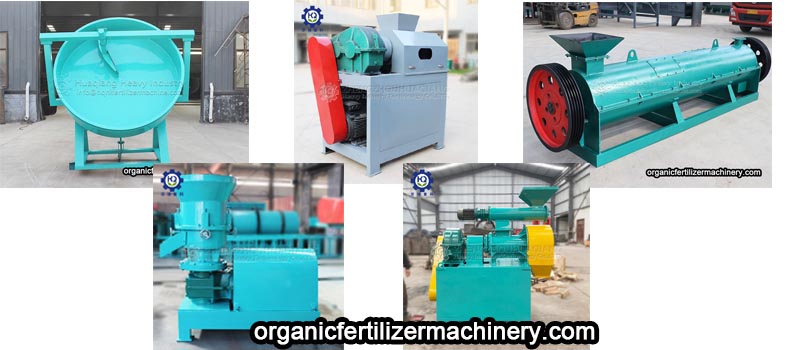In agricultural production, fertilizer is a critical source of nutrients for crop growth, and granulators are key equipment driving the upgrading of fertilizer production. Through innovative processes, they reshape the form of traditional fertilizers, fundamentally addressing the many drawbacks of powdered fertilizers and providing a powerful impetus for efficient agricultural production.

Traditional powdered fertilizers are prone to problems during production, storage, and use: dust pollution during transportation, moisture absorption and caking during storage, and loss with rainwater or soil fixation during application, resulting in nutrient utilization rates of less than 30%. The advent of granulators has revolutionized this situation. Using fertilizer powder as raw material, they add an appropriate amount of binder and then compress the loose powder into uniform granules through processes such as extrusion, rolling, or spraying. This process not only creates a more uniform fertilizer form but also optimizes fertilizer performance in multiple dimensions.
From a practical perspective, granular fertilizers offer significant advantages. Their granular structure resists moisture absorption and caking, facilitating long-term storage. They also avoid dust generation during transportation, reducing environmental pollution and nutrient loss. Furthermore, granular fertilizers can be precisely spread during application, avoiding the windblown problem of powdered fertilizers. This makes them particularly suitable for mechanized fertilization, significantly improving agricultural production efficiency.
More importantly, fertilizer granulators can also facilitate the development of functional fertilizers. By adjusting the granulation process, essential nutrients such as nitrogen, phosphorus, and potassium can be optimally blended with trace elements and slow-release agents in a precise ratio and encapsulated within the granules, creating slow-release or controlled-release granular fertilizers. These fertilizers slowly release nutrients according to crop growth needs, increasing nutrient utilization to over 60%. This reduces soil compaction caused by excessive chemical fertilizer application and reduces fertilization costs for farmers, achieving a win-win situation for both increased production and environmental protection.
Today, granular fertilizers have become a mainstream choice, from home gardens to large-scale farms. Granulators are the driving force behind this transformation, providing strong support for sustainable agricultural development.